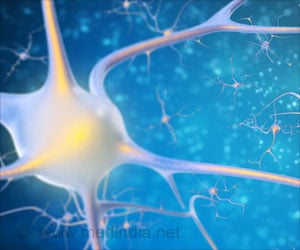Consumption of alcohol appears to have a dose-dependent inverse (opposite) association with the risk of developing multiple sclerosis (MS).

The results of previous studies have been inconsistent about the impact of alcohol and the risk of developing MS.
Researchers investigated the association using two population studies in Sweden with participants between the ages of 16 and 70 years: 745 cases of MS plus 1,761 controls in the Epidemiological Investigation of Multiple Sclerosis (EIMS) study and 5,874 cases of MS with 5,246 controls in the Genes and Environment in Multiple Sclerosis (GEMS) study.
In EIMS, women who reported high alcohol consumption had an odds ratio (OR) of 0.6 of developing MS compared with nondrinking women, and men with high alcohol consumption had an OR of 0.5 compared with nondrinking men, according to the results. The corresponding OR comparison in GEMS was 0.7 for both women and men. Alcohol consumption also appeared to be associated with the attenuation (lessening) of the effect of smoking, the results also indicate.
"Although the effect of alcohol on already established MS has not been studied herein, the data may have relevance for clinical practice since they give no support for advising persons with MS to completely refrain from alcohol," the authors conclude.
Source-Eurekalert















